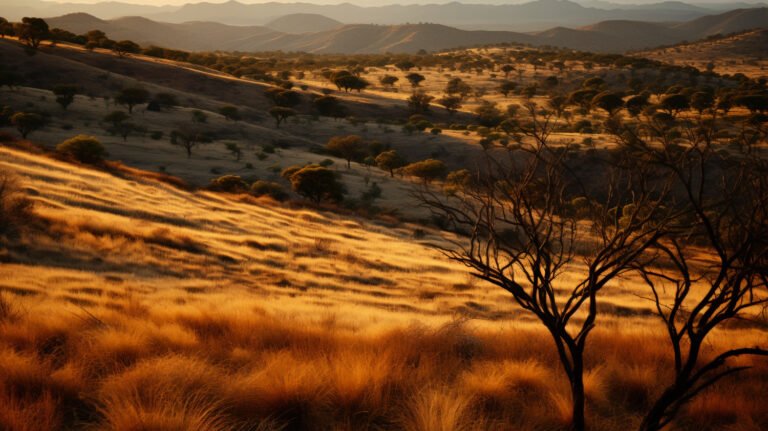Tiny Oceanic Plankton Adapted to Warming During the Last Ice Age But Won’t Survive Future Climate Change
Recent research indicates that while certain marine plankton species, such as foraminifera, adapted to significant warming following the last ice age, they may not withstand the rapid and unprecedented pace of current climate change. The study analyzed fossil records and modern data, revealing that past warming allowed for gradual adaptation over millennia. In contrast, today’s accelerated temperature increases, combined with additional stressors like ocean acidification, pose severe challenges to these organisms. The potential decline of plankton populations could disrupt marine food webs and diminish the ocean’s capacity to sequester carbon, exacerbating global climate issues.
Important Points
- Foraminifera adapted to post-ice age warming over thousands of years; current climate change is occurring at a much faster rate.
- Rapid temperature increases and ocean acidification create a dual threat to plankton survival.
- Declining plankton populations can lead to disruptions in marine ecosystems and reduced carbon sequestration.
- The study underscores the importance of mitigating climate change to preserve ocean health and functionality.
Read More Here: Tiny Oceanic Plankton Adapted to Warming During the Last Ice Age, but Probably Won’t Survive Future Climate Change – New Study







